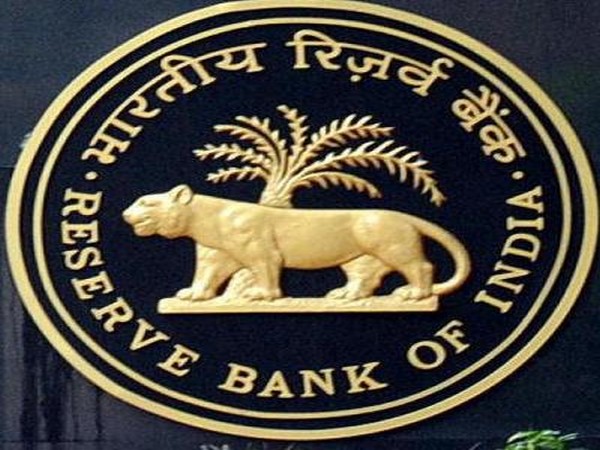Banks say RBI policy on expected lines, flag MPC member's dissent on accommodative stance
It is pertinent to note that while the decision of the monetary policy committee for continuance of the accommodative stance was unanimous in the June policy, it is not so in this policy, Rai said.He underlined that the central bank expects headline inflation to come at 5.7 per cent in FY22 as against the earlier 5.1 per cent, which indicates a build-up of price pressures.

- Country:
- India
Bankers on Friday reacted to policy review and other measures announced by the RBI as being on expected lines but flagged the dissent vote on maintenance of the accommodatory stance as a thing to watch out for.
The RBI also “nudges” the governments at the Centre and states to cut the high indirect taxes on fuel products to bring down the pressure on prices, Raj Kiran Rai G, the chairman of industry lobby Indian Banks Association (IBA), who also heads the state-run Union Bank of India, said in a statement.
''...policy announcement with respect to accommodative stance and policy signal rates is on the expected lines. It is pertinent to note that while the decision of the monetary policy committee for continuance of the accommodative stance was unanimous in the June policy, it is not so in this policy,'' Rai said.
He underlined that the central bank expects headline inflation to come at 5.7 per cent in FY'22 as against the earlier 5.1 per cent, which indicates a build-up of price pressures. ''Since the crude oil prices are at elevated levels, there is pressure on prices. In this policy, RBI has again nudged for reducing the indirect tax component of pump prices by both the centre and state governments to reduce the pressure on prices.'' State Bank of India chairman Dinesh Khara termed the RBI move earlier in the day, where it held status quo on rates, as a pragmatic one which strikes a fine balance between “stance and strategy”.
“While the policy stance continues to be accommodative to continuously support growth, a strategy of careful recalibration of liquidity management is clearly indicated with the roll out of VRRR (variable rate reverse repo),” Khara said.
He said the policy has also nudged banks to shift to an alternate reference rate with the discontinuation of LIBOR.
Largest private sector lender HDFC Bank's chief economist Abheek Barua said the RBI has taken steps towards liquidity normalization given the pressure on inflation and high levels of systemic liquidity.
''...this liquidity normalization should be viewed as a gentle calibrated move, partly in response to large excess liquidity surplus in the system, and not as an aggressive roll-back of monetary policy support,” he said.
Kotak Mahindra Bank's group president Shanti Ekambaram said the RBI focus continues very much to be on growth, which is seen as “nascent and hesitant recovery”.
Foreign lender Standard Chartered Bank's Zarin Daruwala also termed the RBI view as “pragmatic”, given the higher inflation prints and the ample system liquidity. The decision to sterilise a part of the surplus liquidity through Variable rate reverse repo auctions was termed as prudent by her, adding that the three-month extension to the on-tap TLTRO will aid stressed/NBFC sectors by way of a liquidity backstop.
“Extension of TLTRO by the central bank till December 2021 will ensure adequate liquidity support to the system while benign interest rate environment, normalised supply chains and improved business activities that are gaining momentum since reopening post second wave augur well for growth of our sector and broad-based economy,'' Shriram Transport Finance's Umesh Revankar said.
(This story has not been edited by Devdiscourse staff and is auto-generated from a syndicated feed.)










